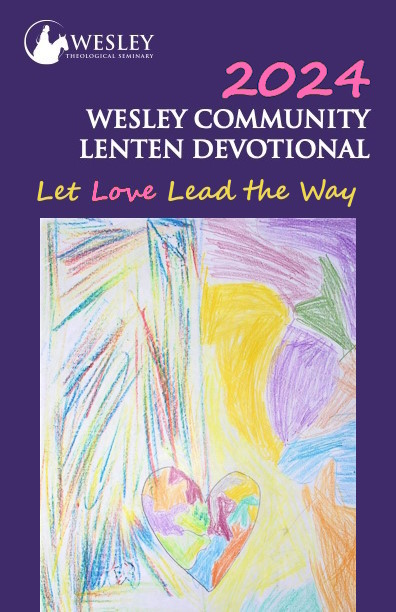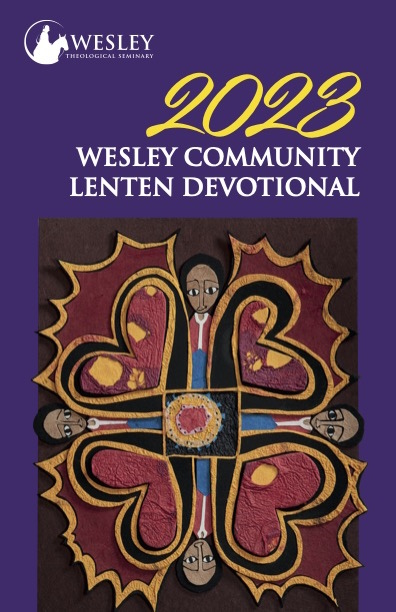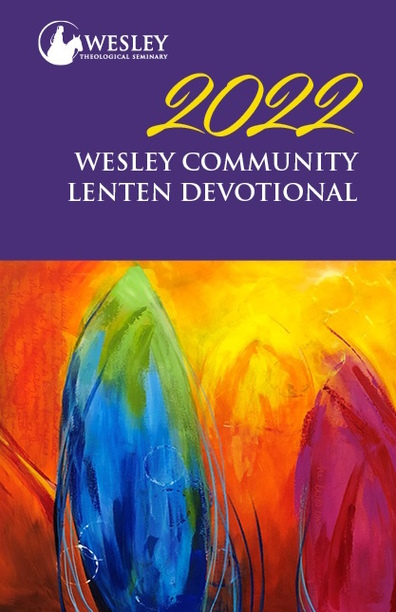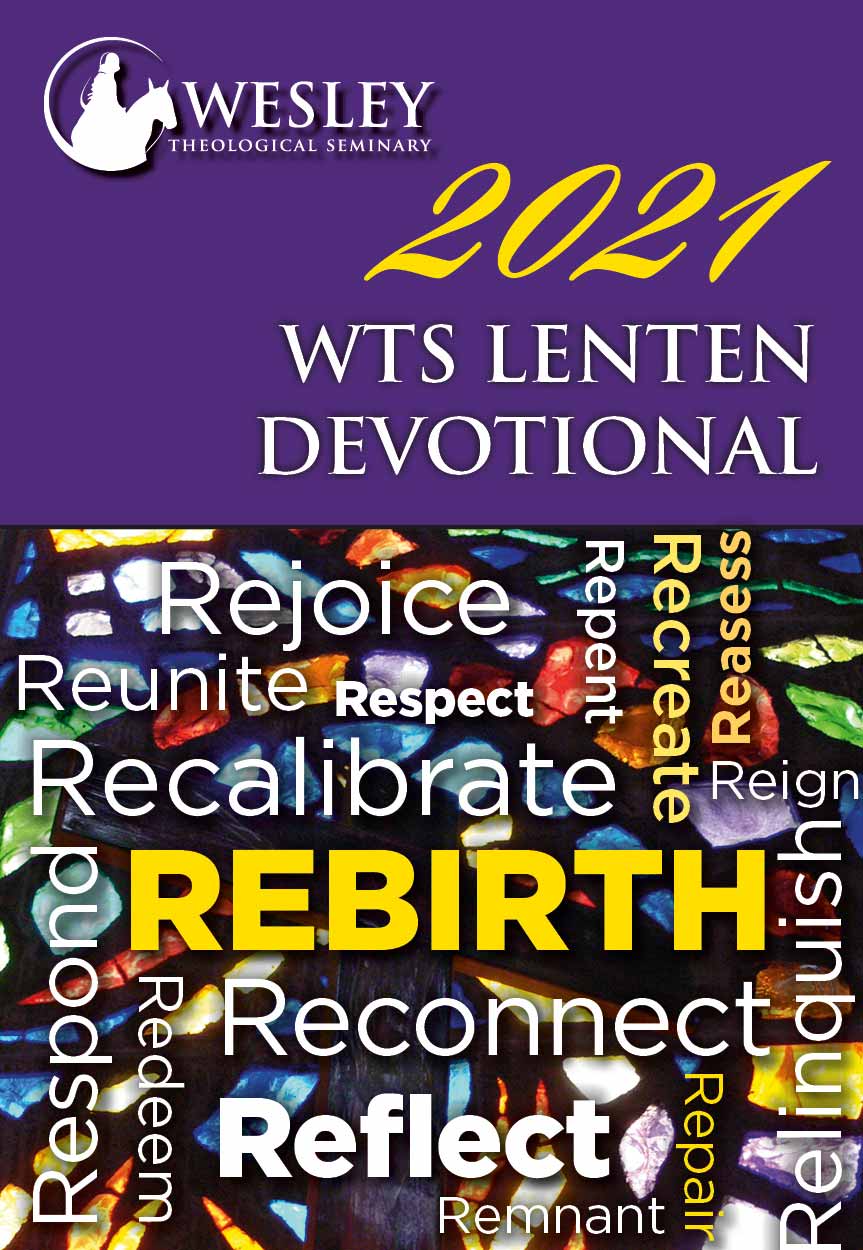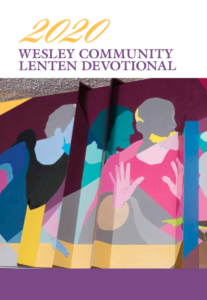Week Four
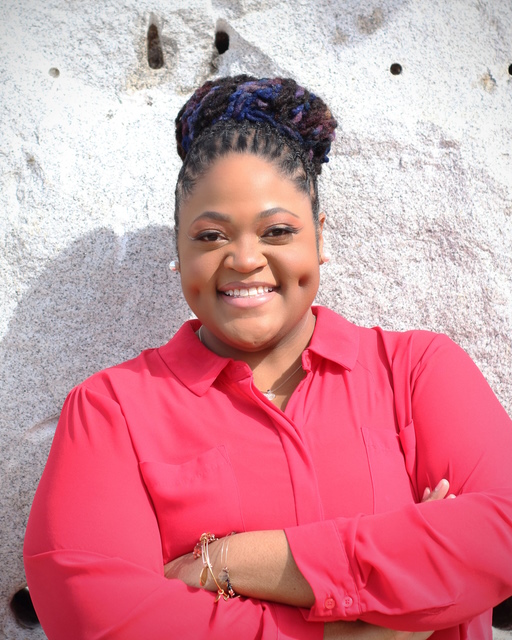
Rev. Chania L. Dillard
Community ConnectionsWTS MDiv 2018; Lower Prince George’s County Cluster of the United Methodist Church; Reid Temple AME Church, Glenn Dale, Maryland; Chaplain of the Alpha Zeta Chapter of Zeta Phi Beta Sorority, Inc.
Best Advice ReceivedBe who you needed when you were younger.
I Choose to be F.R.E.E.
Ephesians 4:31–32
F
or many of us, whenever we hear the word freedom, we automatically think of a physical state of being. We can envision enslavement, imprisonment, or captivity. It wasn’t until I reached my mid 20’s that I realized how prevalent these three were in my mental state of being. Instead of focusing on the fact that I felt bound, God helped me to go beneath the surface to uncover the things that were preventing me from being free. Mentally I was unknowingly constrained by the lack of forgiveness, grudges, bitterness, anger, and the inability to let go. I was led to Paul’s letter to the church in Ephesus. He was physically sitting in a prison in Rome when he wrote it. Put away from you all bitterness and wrath and anger and wrangling and slander, together with all malice, 32 and be kind to one another, tenderhearted, forgiving one another, as God in Christ has forgiven you. (Ephesians 4:31-32) Paul is addressing the church regarding practical ways they could fulfill God’s purpose in the church and in the world. Paul talks about unity, maturity, and the renewal of one’s personal life. What better way to renew your personal life than to assess the areas that may be stifling your maturation and liberation?
When you choose to be F.R.E.E., you are choosing to Forgive, Release, Everyone, of Everything. If you were to be honest with yourself, you would own to the fact that there may be something or someone you have not forgiven or let go of. A person or situation that caused you pain, unfair circumstances, past hurts, heartache, or even the death of a loved one are all examples of things that you may be subconsciously holding on to. There is freedom in forgiveness and releasing these things. I know the act of forgiveness is not easy. That’s because it is in our nature to want justice. We want people to be held accountable for their actions. However, we must understand that forgiveness is not contingent upon apologies. Forgiveness necessitates a forward movement that has nothing to do with anyone else but you. God has forgiven you and it is your responsibility to forgive others. It’s not about whether or not they “deserve” our forgiveness; it’s about the fact that we deserve freedom. By choosing to forgive, we place our peace above someone else’s plea.
Reflection Prompt: Consider the situations, feelings, thoughts, circumstances, and even people that you may still be holding on to. Take a piece of paper and write them down. Yes! Even the names of those people. Offer a prayer and call out everything on that paper. Once you’ve read everything, take the paper, ball it up, and throw it away. This is symbolic of your choice to live in freedom. Repeat as often as needed! Being free is a personal decision that has the propensity to change your entire life. God has called us to freedom, and you can choose today, to be FREE!
Praying Through The Seasons With Wesley
Journey with Wesley Theological Seminary (WTS) through the seasons of the liturgical and academic year. Connect through prayer with the Wesley Community, on campus and in ministry around the world.
Please return here each season to rekindle a rhythm of prayer that unites the Wesley Family, no matter where we are.

